
Our Story
The Thoereh Family
When civil war forced the Thoereh family out of Karenni State, they fled to a refugee camp in Thailand where they lived for over a decade. The camp is where Luke, owner and operator of Hot Pepper Karenni Farm, spent the majority of his childhood. When the United States began accepting Karenni refugees in 2009, the family relocated to Lansing, Michigan.
When the Thoereh’s arrived, access to fresh Asian produce was limited. Aiming to save money, eat better, and grow familiar vegetables, the Thoereh’s converted a small section of their yard into a vegetable garden. As the local immigrant community took notice, purchasing inquiries and requests for other culturally significant vegetables grew.
Collaborating with The Greater Lansing Food Bank, what started as a 100 square foot bed transformed into 3-acres of productive farmland. The farm now reflects the traditional foods of local immigrant and refugee families.
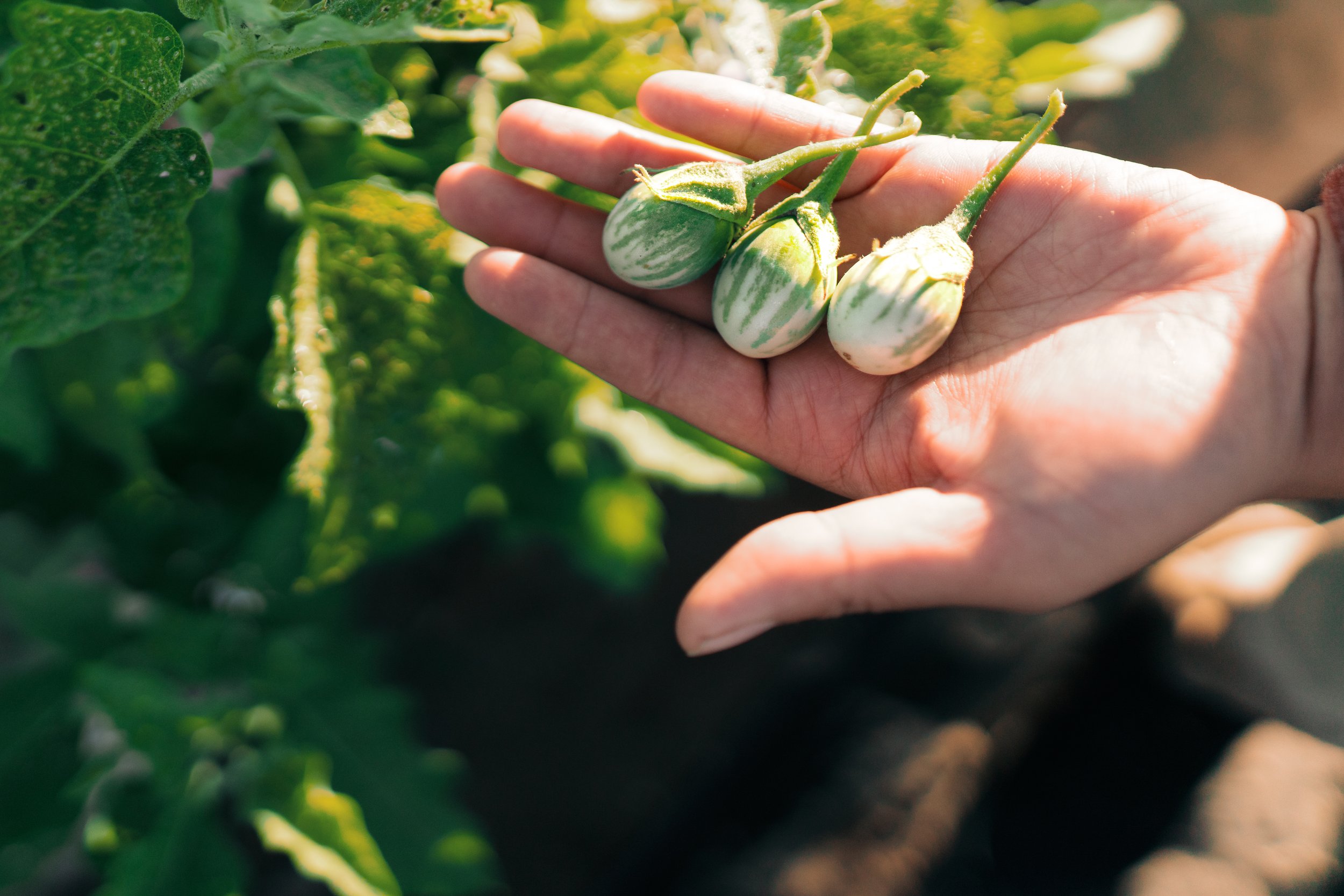
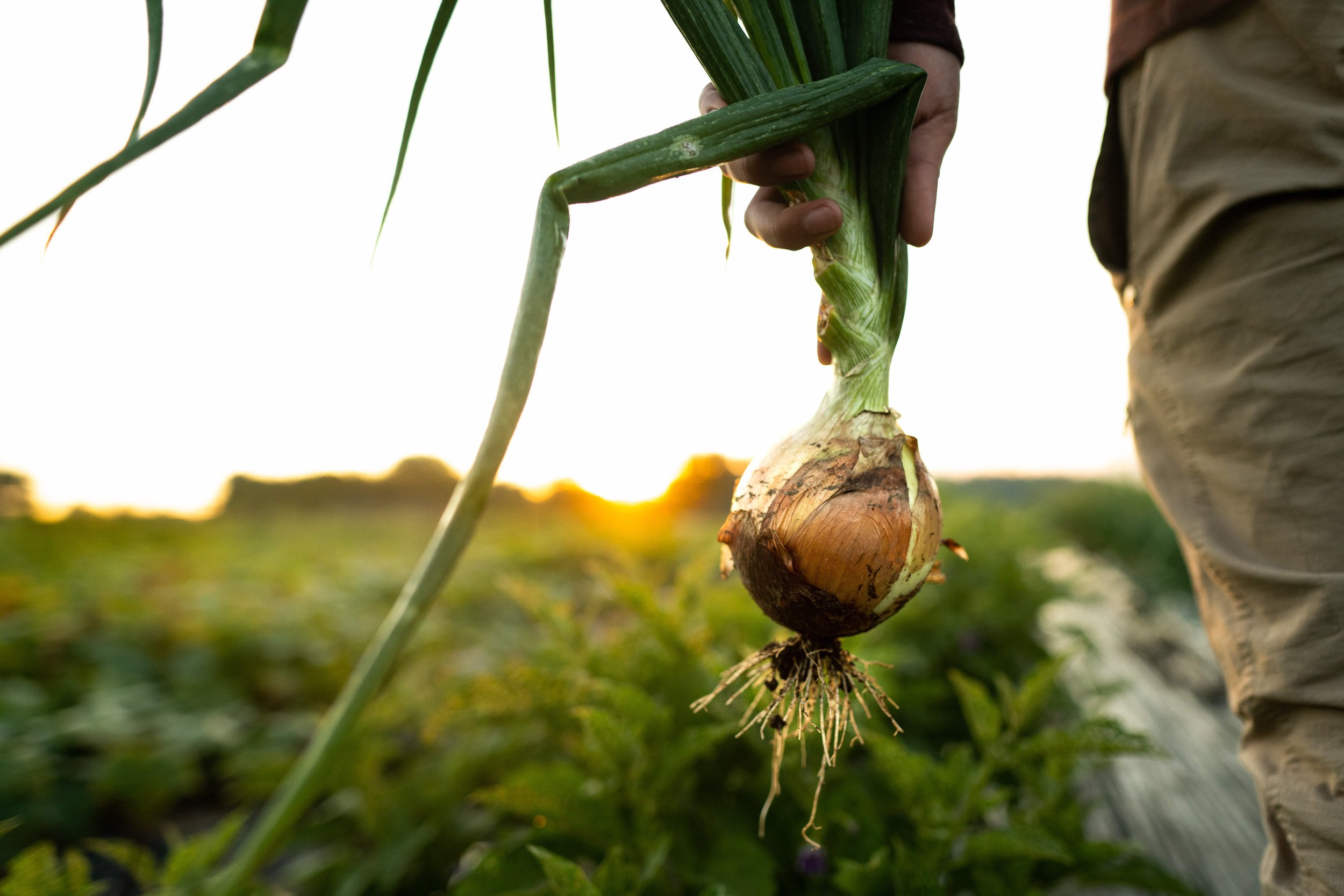
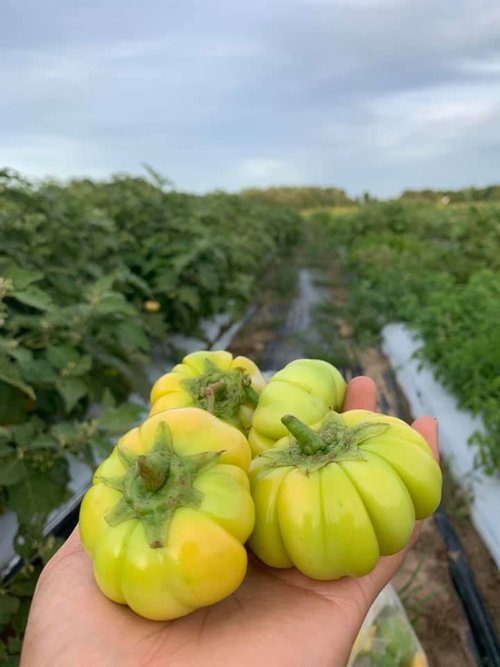
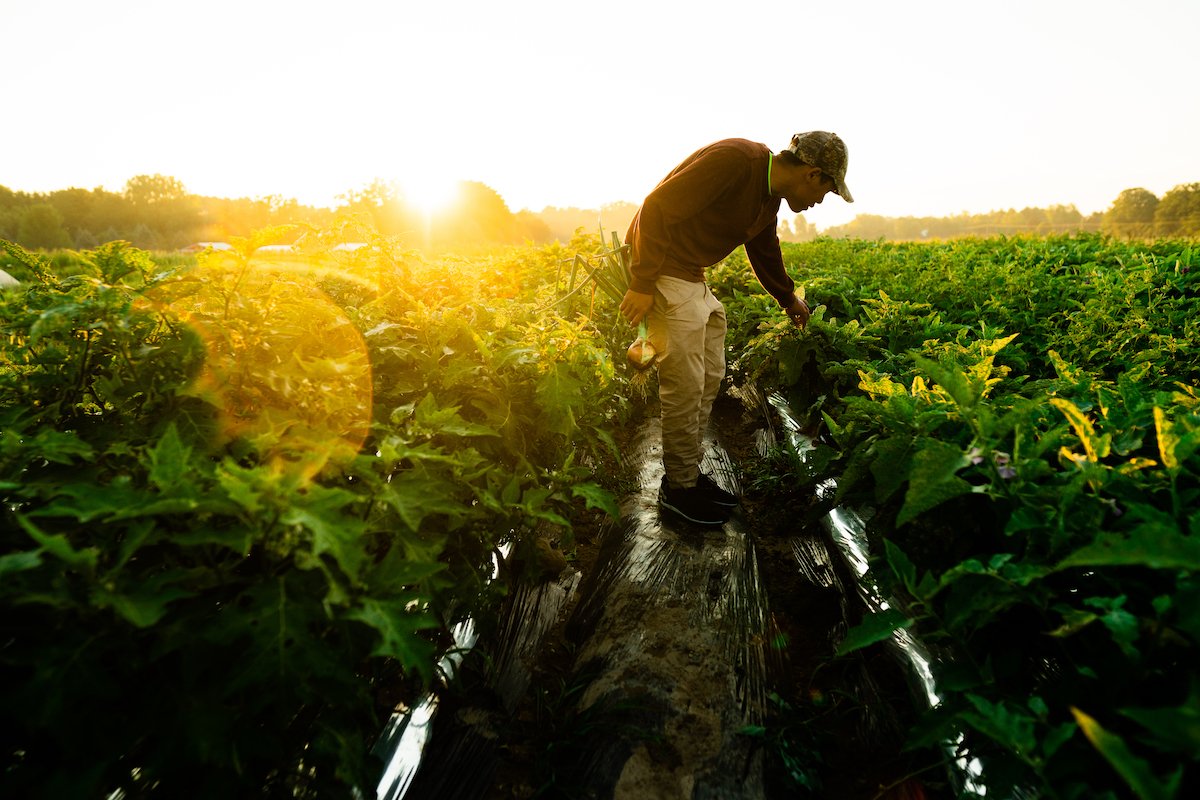
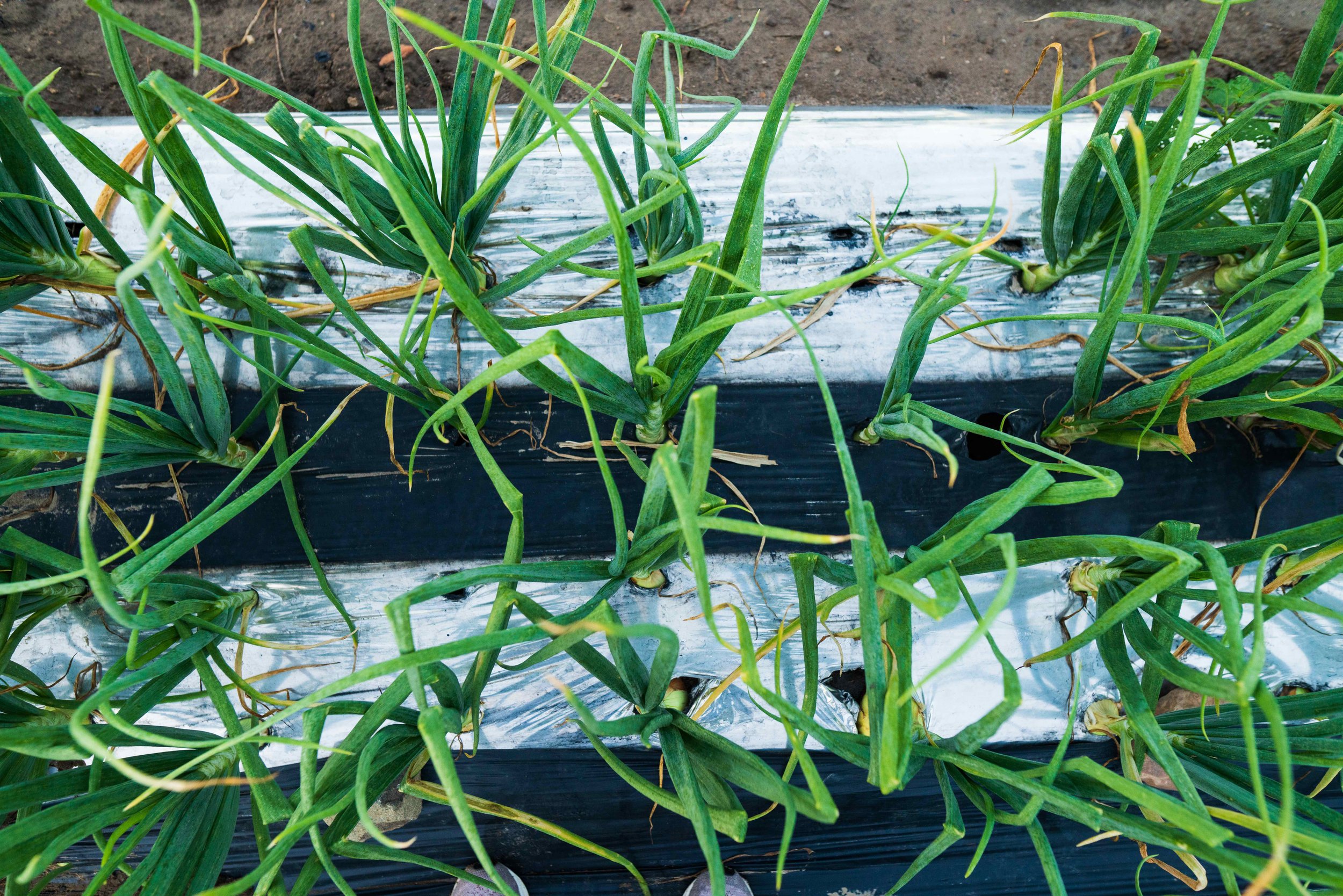
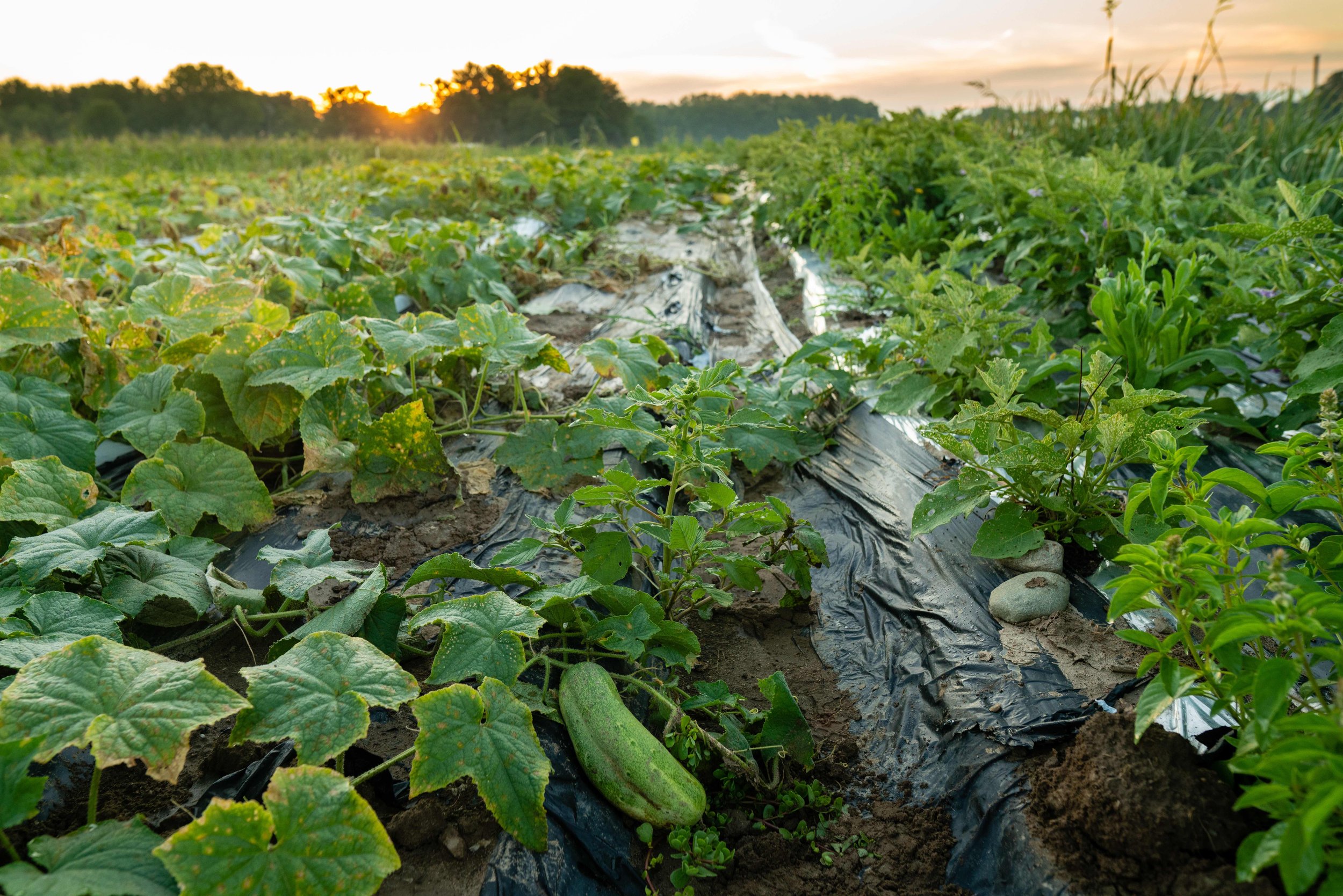
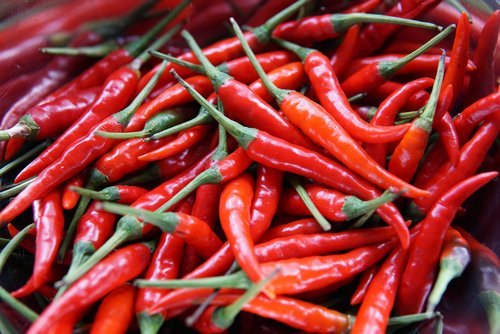

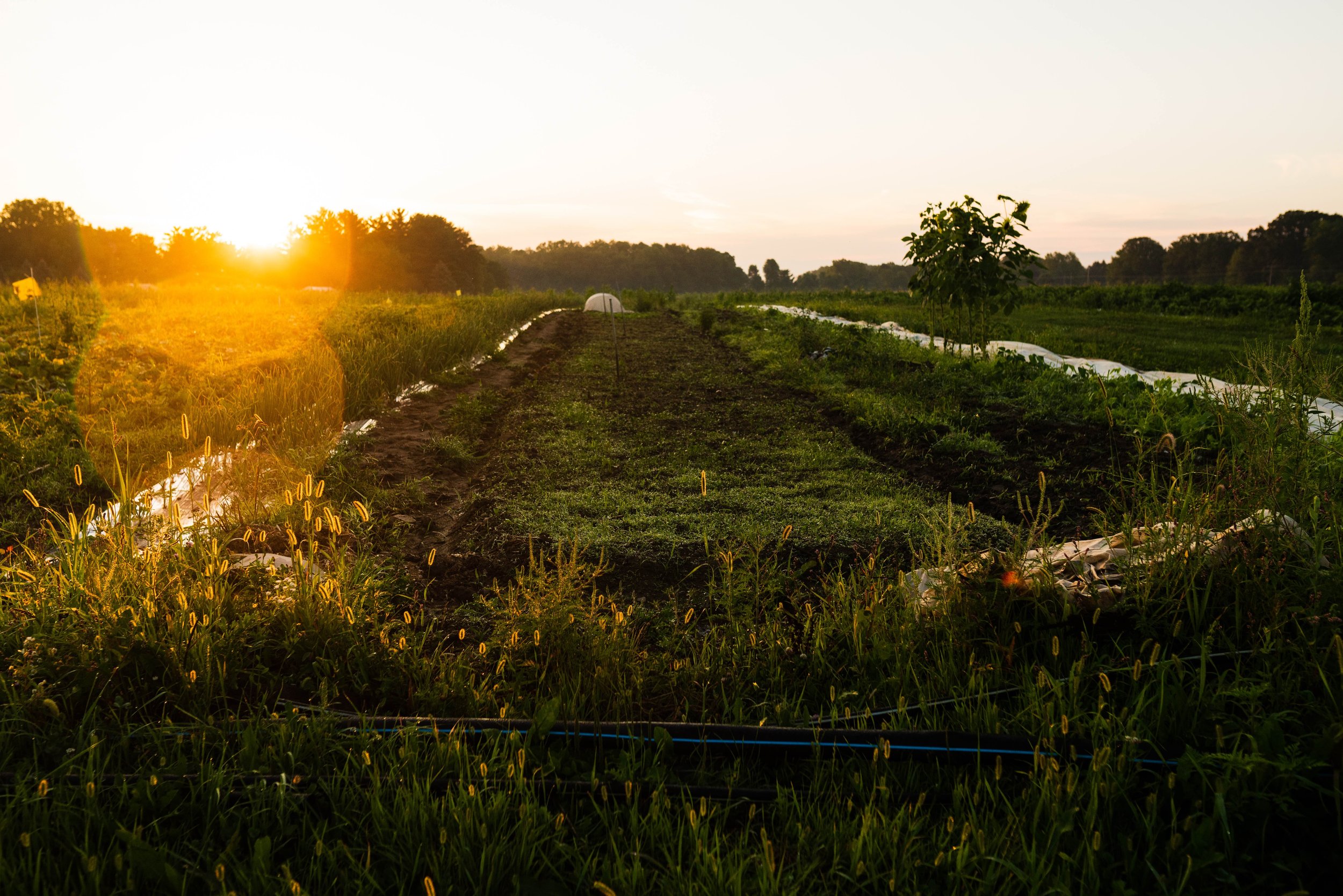
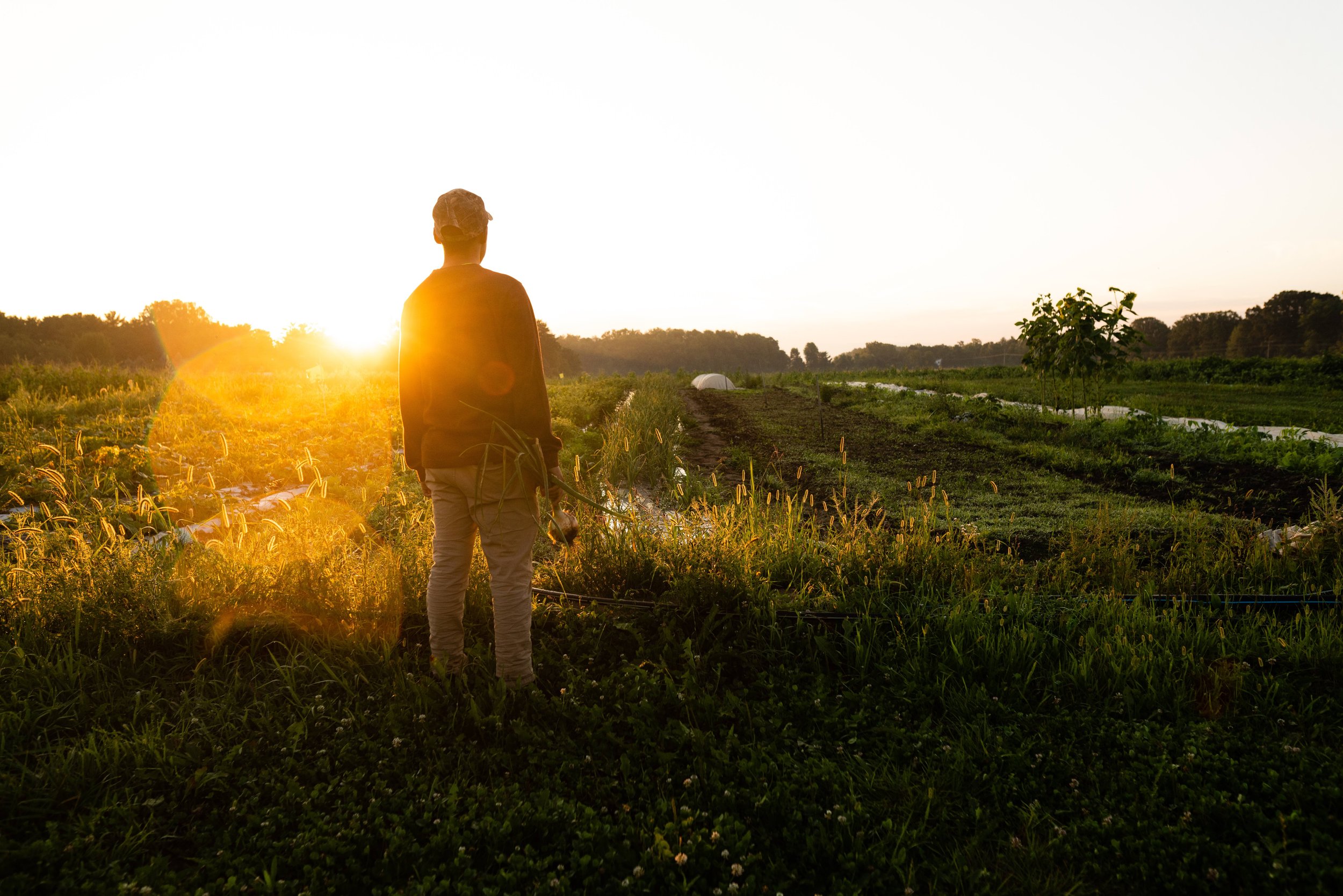
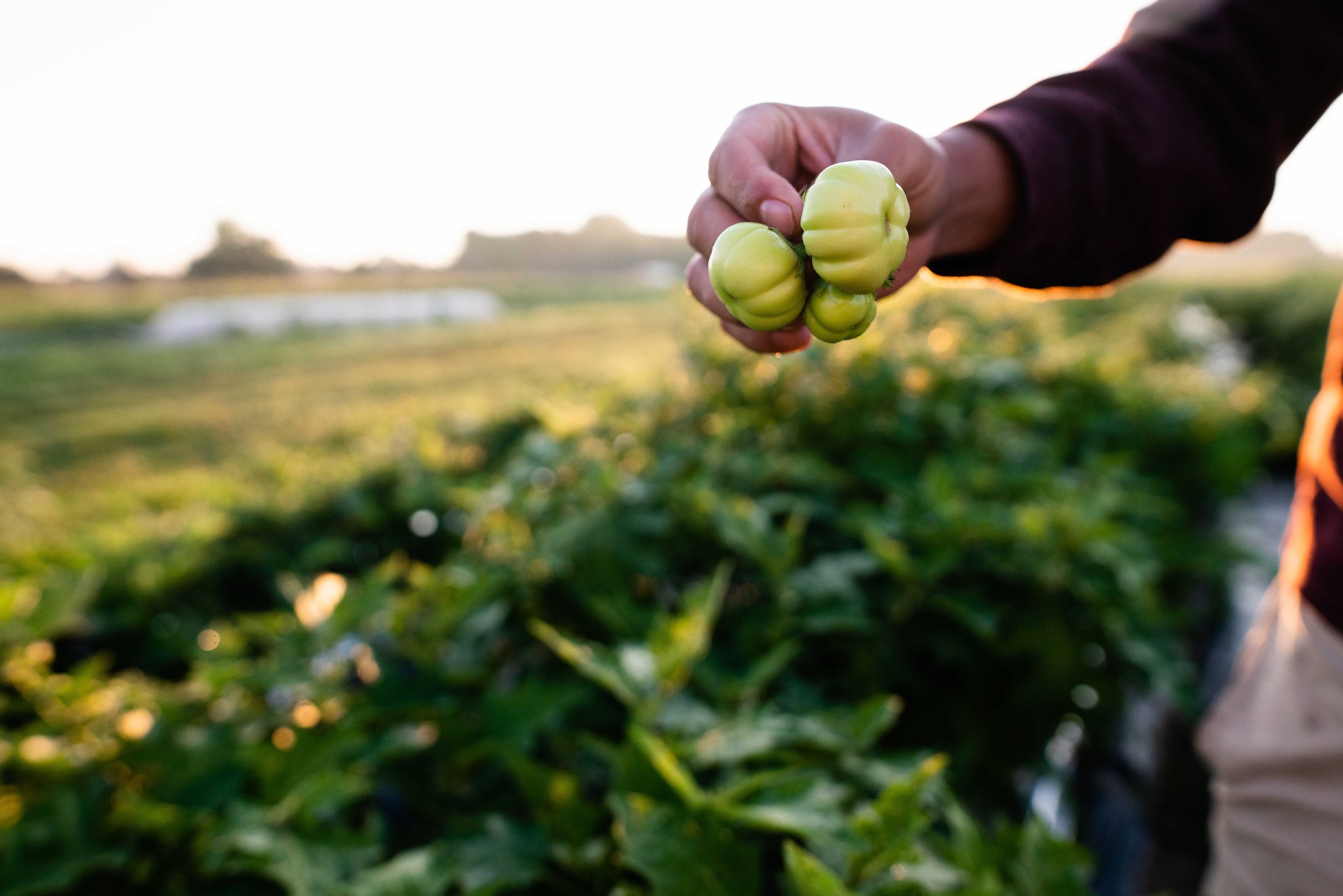
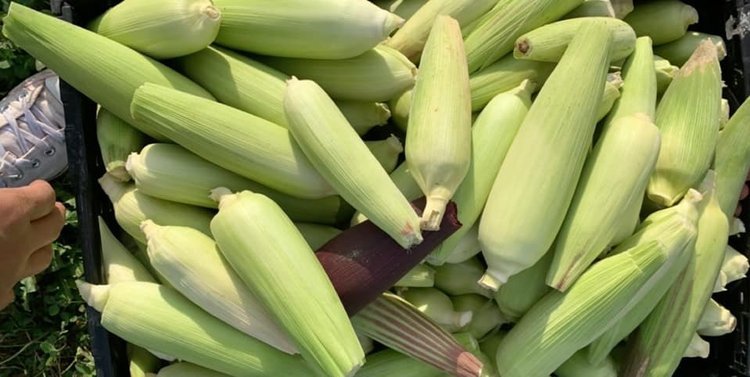
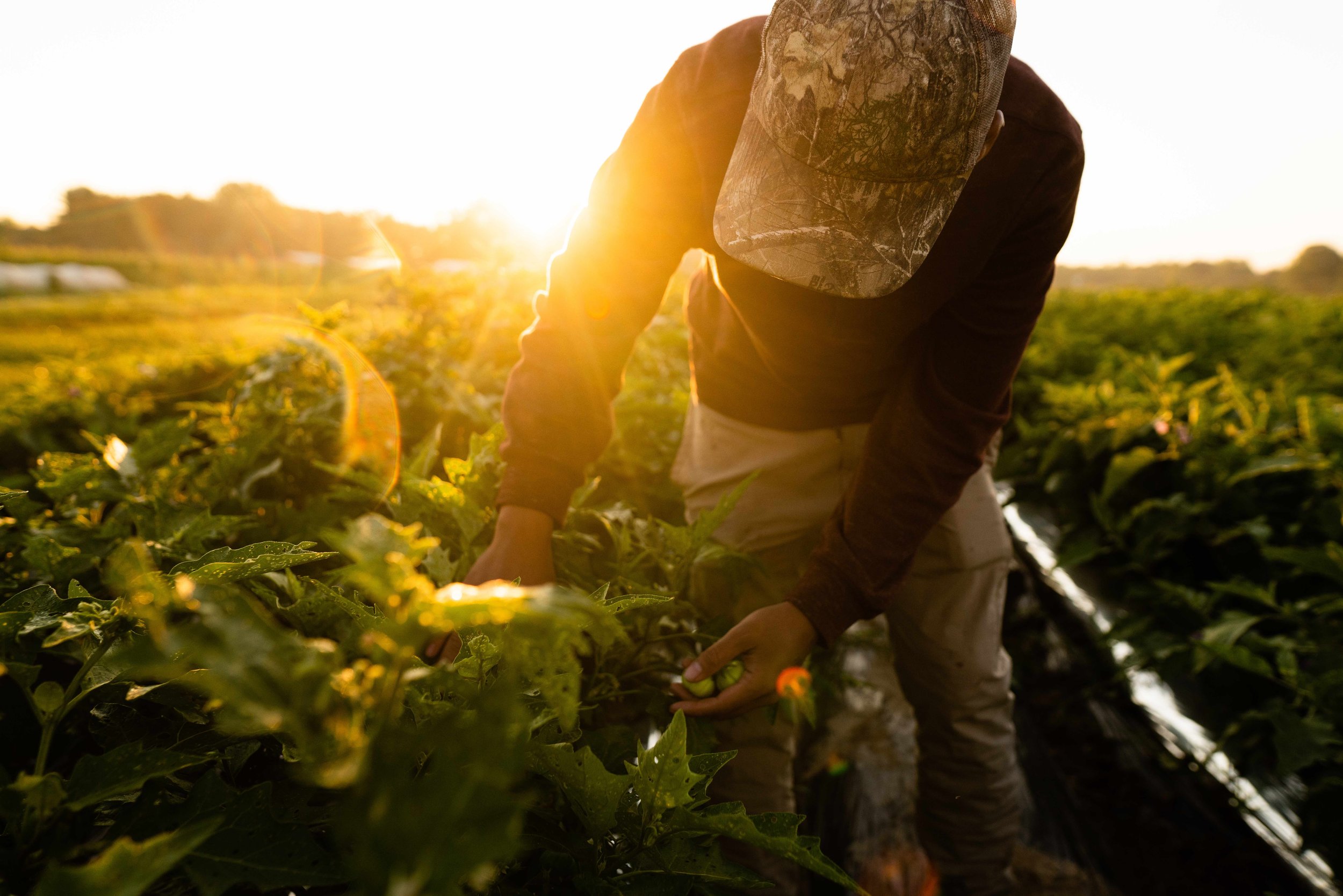
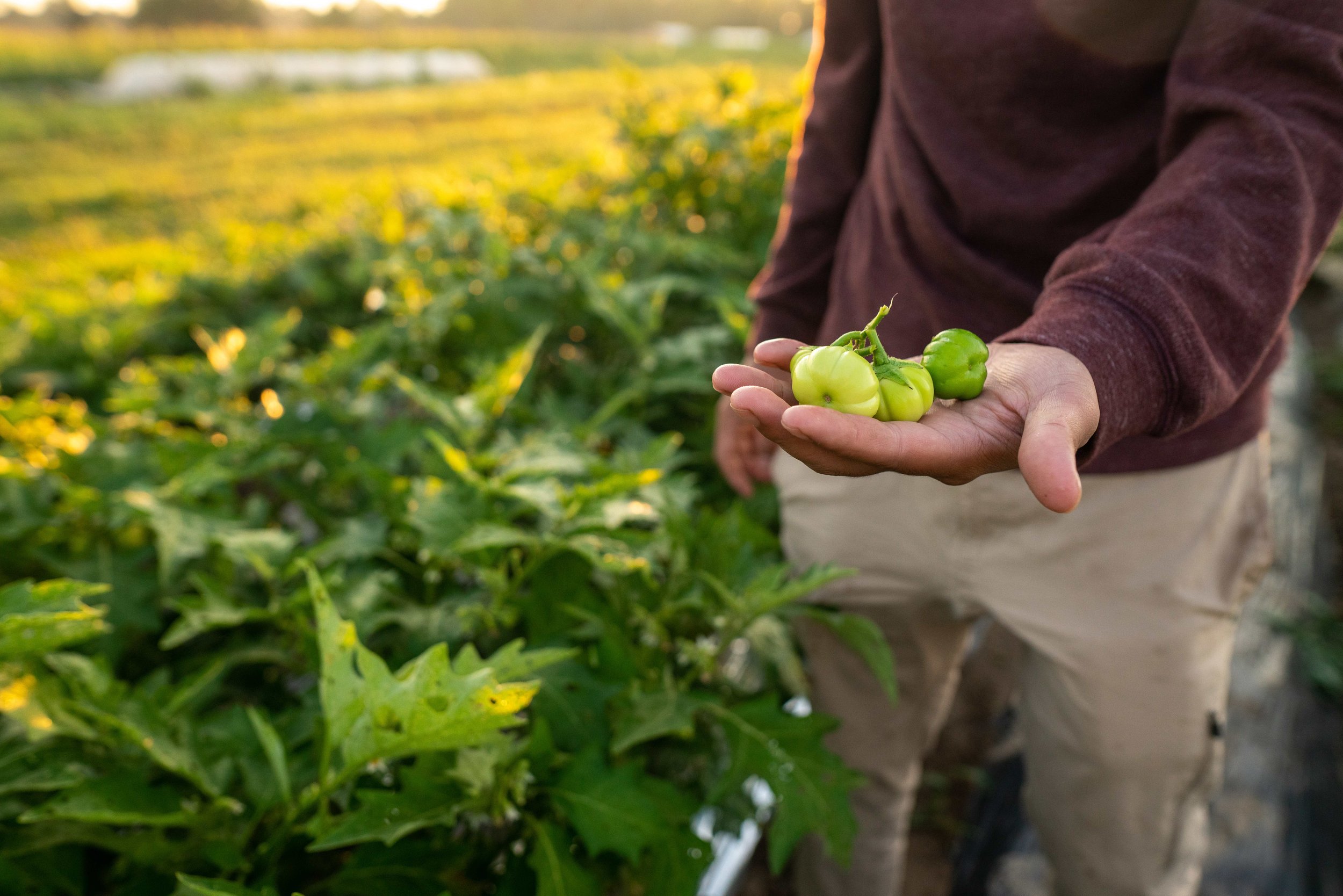
Photo by Samir Chhibber on Unsplash
History of the Karenni People
“Karenni” is a term that represents all ethinic groups living in Karenni State, each with their unique culture: Kayah, Kayan, Kayaw, Yindaleh, Paku, Yinbaw, Gehko, and Gehbar. They are not Thai and they are not Burman.
Decades-long civil unrest has resulted in the mass displacement of hundreds of thousands of ethnic minorities who historically reside in the region between Thailand and Myanmar (previously called Burma). What was once an independent country, is occupied by Burmese military and those who have fled the violence now live as refugees between Karenni State in Burma and refugee camps in Thailand. The story of the Karenni people has been, and continues to be, one of resilience.
You can learn more about the Karenni people here.

